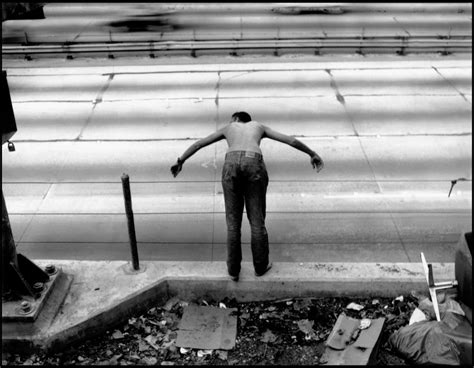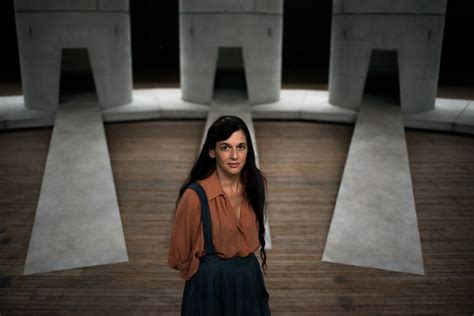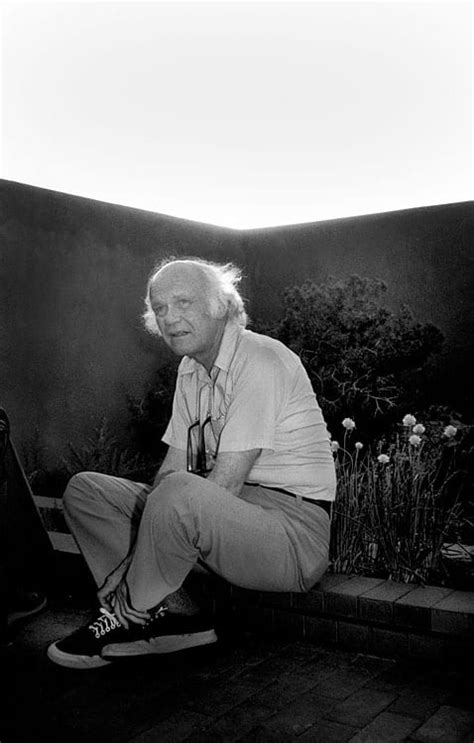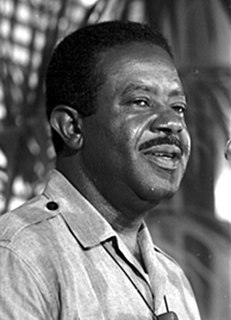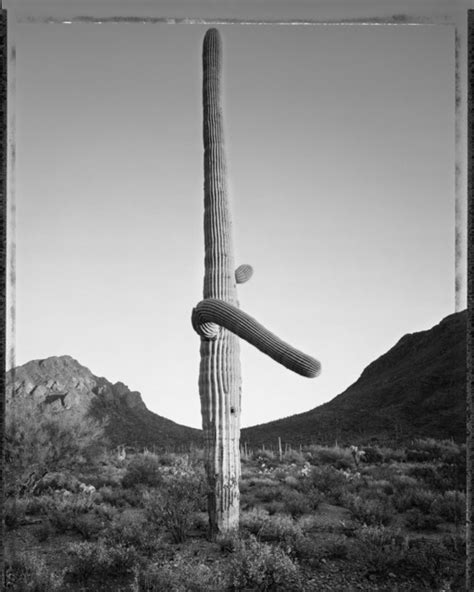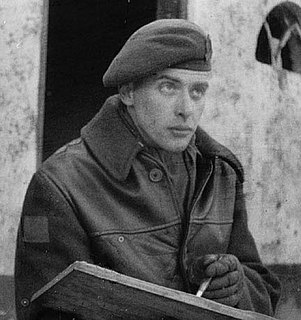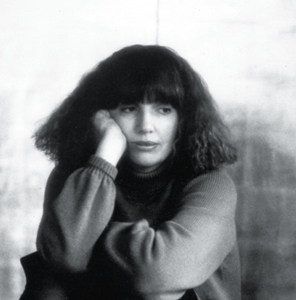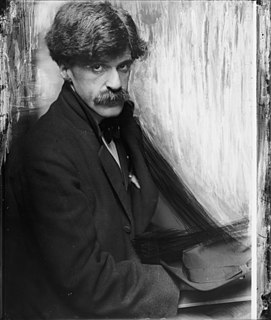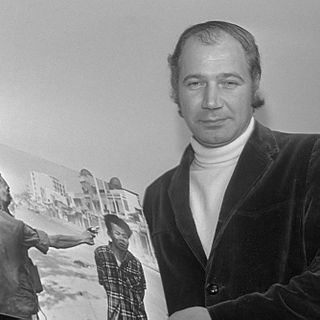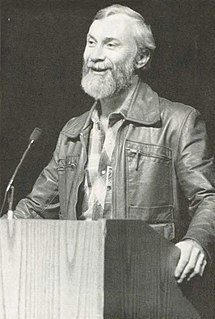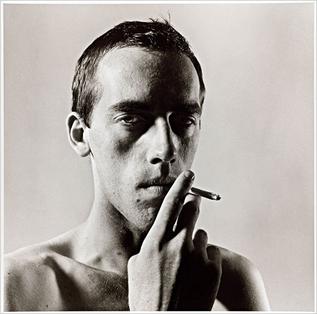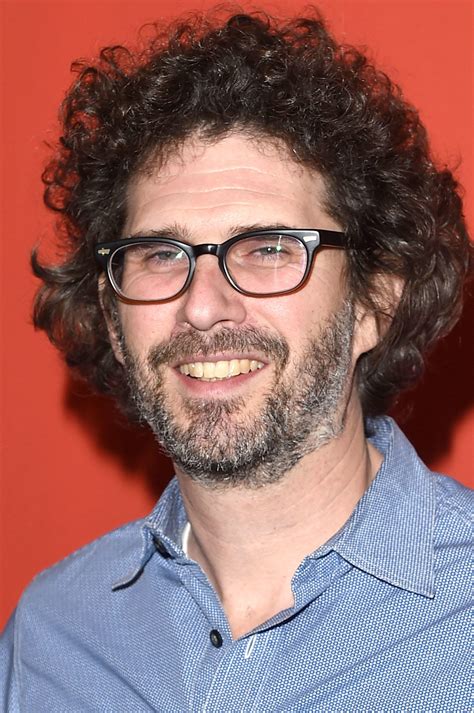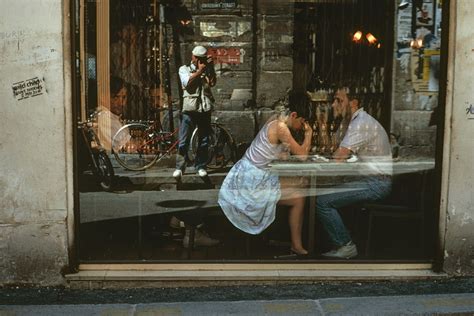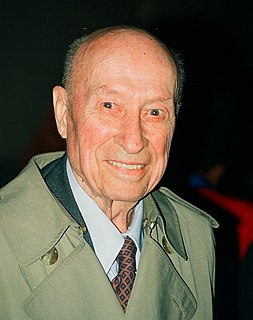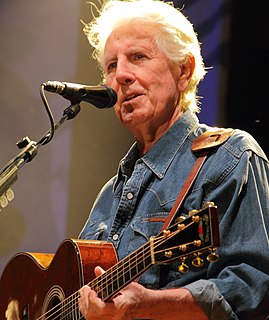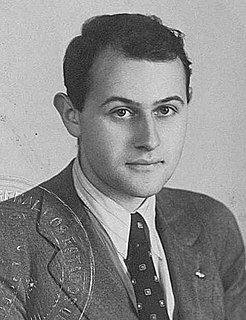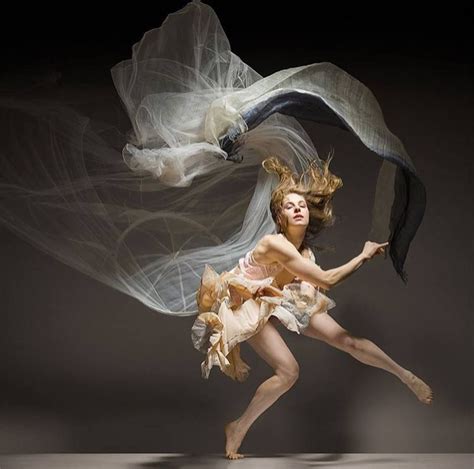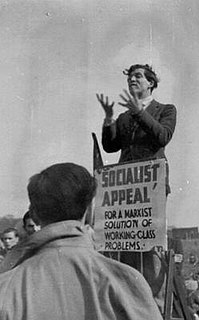Top 1189 Photographs Quotes & Sayings
Explore popular Photographs quotes.
Last updated on December 21, 2024.
A good print is really essential. I want to take strong documentary photographs that are as good technically as any of the best technical photographs, and as creative as any of the best fine-art photographs. [...] I don't want to just be a photo essayist; I'm more interested in single images...ones that I feel are good enough to stand on their own.
I am interested in making photographs which comment on the experience of a place as well as describe it. My position has not typically been one of advocacy for or against any political position. But I regard photographs as commentary, and that includes, at times, taking a specific political viewpoint on an issue.
I would that my photographs might be, not the coverage of a news event, but an indictment of war - the brutal corrupting viciousness of its doing to the minds and bodies of men; and, that my photographs might be a powerful emotional catalyst to the reasoning which would help this vile and criminal stupidity from beginning again.
Saudi Arabia is so conservative. At first there were photographs of women I took that I couldn't publish - of women without their abayas. So I started writing out little anecdotes about things I couldn't photograph and wove it in with a more obscure picture and called it "moments that got away". I realised these worked as well as the photographs by themselves. There are a lot of photographers who feel the story is all in the photographs but I really believe in weaving in complementary words with the pictures.
It is a nostalgic time right now, and photographs actively promote nostalgia. Photography is an elegiac art, a twilight art. Most subjects photographed are, just by virtue of being photographed, touched with pathos. ... All photographs are memento mori. To take photograph is to participate in another person's mortality, vulnerability, mutability. Precisely by slicing out this moment and freezing it, all photographs testify to time's relentless melt
I often find myself worrying about celebrities. It's an entirely caring thing; it's not like the people who commission those photographs with cruel arrows to go on the covers of the celebrity magazines. The photographs show botched plastic surgery, raging eczema, weight gain and horrible clothes for maximum schadenfreude.
I am not much interested in discovering new territories to photograph. Instead, what I wish my pictures could do is lessen the distance one often feels when looking at landscape photographs... The longer I work, the more important it is to me to make photographs that tell my story as a participant, and not just an observer of the land.
